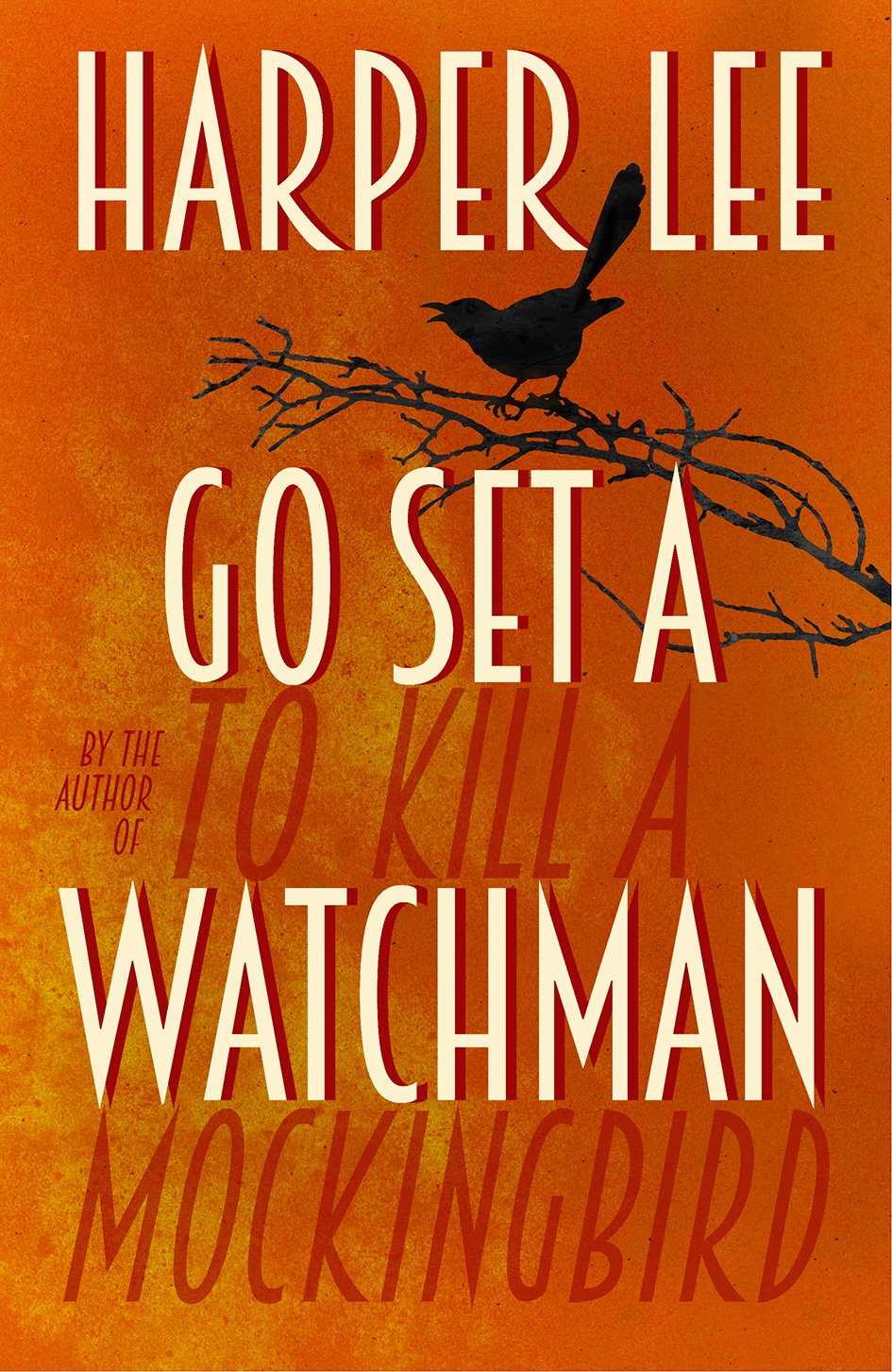Go Set A Watchman Review
It still remains unclear as
to exactly why Harper Lee chose for her long awaited follow up to To Kill A Mockingbird to be published in
2015, though it was originally written in the mid-1950s, but regardless Go Set A Watchman has been one of the
most eagerly anticipated books of the year, topping the pre-order charts on
Amazon and having unique midnight launches at Waterstones. This excitement
stems from, undoubtedly, the legions of die-hard fans of Lee’s first novel,
which therein lies the problem. Those expecting a similar novel with charming
first-person narrative and vivid imagery of the racial tensions of the south
may find themselves disappointed, as Go
Set A Watchman feels like a pale imitation of Lee’s former book, though it
was intended to be the first.
Set in the familiar Maycomb county, gone is Scout’s personal narration of the
unfolding events around her; instead she is replaced by a distanced narrative
that is often loose and disjointed, oscillating at times between the personal
pronoun of ‘I’ and back to the ‘other’ of the narrator. Not to say the writing
style suffers, as it is wonderfully amicable like To Kill A Mockingbird was through the use of the child narrator, it
just becomes far too inconsistent. It becomes especially frustrating at times
when the novel is embedded in character confrontation but it is sometimes never
made clear who the ‘I’ actually belongs to, which lead to much confusion from
myself. This leads to an inconsistency
of pace, as confrontations between Jean Louise and her family/former
friends/townsfolk are picked up and dropped far too frequently, and crucial
details such as a character’s death are often glossed over and never fully
expanded upon. But then again this shift in style and selective information
perhaps, as noted by my good friend Dom (he has a blog, go read it), emphasizes the expectation that is placed on the novel by the former To Kill A Mockingbird, that Jean Louise
has differed from the Scout that she once was. The text forces her into
maturity and adulthood, and insists that she stays there; that way we are
unable to access her innermost private thoughts and feelings, as such the text
isolates Jean Louise from the reader, rather than inviting us in.
The writing, as strong as it is, falls flat at times however. Scenes are over-long and overtly descriptive with dull dialogue between characters
attempting to overcome this hurdle, but this is compensated at times through
the vivid imagery of Maycomb town – stirring up striking images of the lake or
even the first chapter of Jean’s arrival at the train station. Moments such as the ongoing clash between Aunt Alexandra and Jean remind us that the latter will never conform to such ideals or even conform to the new attitudes of Maycomb, showing the strength and courage seen in 'Scout' back in To Kill A Mockingbird. Futhermore such vivid
imagery accentuates the shift in racial attitudes in Maycomb and the shift in
the identity of the infamous Atticus of To
Kill A Mockingbird which becomes the heart of the novel. Jean Louise is left questioning her own values and beliefs in a once familiar society she called home, and to see it crumble before her - and the readers - eyes really conjure up the racial oppositions of the time. It is just
disappointing that this is set up almost halfway through the story and as a
result, stresses the inconsistent pace of the novel. The problem of Atticus undergoing a changed identity is
that the build-up is rushed and clumsy, the discovery of the 'meetings' is disjointed and often obscured by the writing, but luckily Lee races toward a superb finale
with such bravado that the last three chapters were exhilaratingly outstanding
and left me speechless. Again, because of the
inconsistent pace, it felt frustrating that it took a considerable amount of
time to get there.
While still on the topic of the ending, as superb as it was, I couldn't help but feel it just stopped after a fleeting moment of goodness. Jean Louise seemingly abanodons her town and her family, and seemingly abandons her strength and her courage to fight for her beliefs and ideals. But with no sense of the problem being resolved, does that cement the problem of racial attitudes to this very day? Do we dare oppose those who question our own or do we simply flee? Questions like this arise frequently from the novel, though they are never answered; I think for good measure.
As a recent lover of To Kill A Mockingbird, I perhaps expected too much from Go Set A Watchman and perhaps so did the world. Unfortunately, Lee falls short at attempting to recreate the magic of a loved text through frequent inconsistencies and more clunky moments than brilliant ones. None the less, it is worth a read if you loved, love or have yet to love To Kill A Mockingbird. It’s not perhaps what you were expecting, but may still give you a penny for your thoughts.
5/10

Comments
Post a Comment